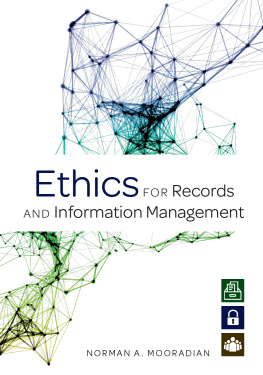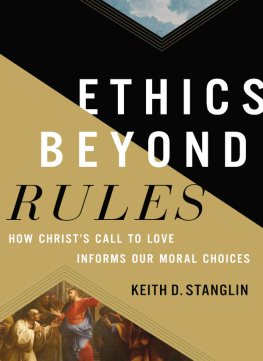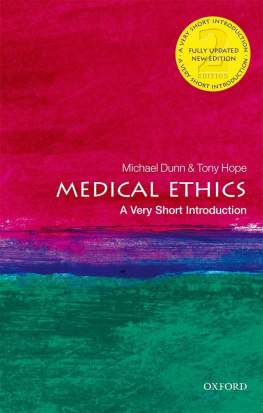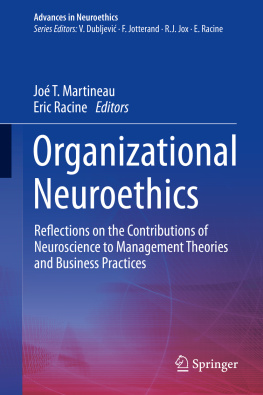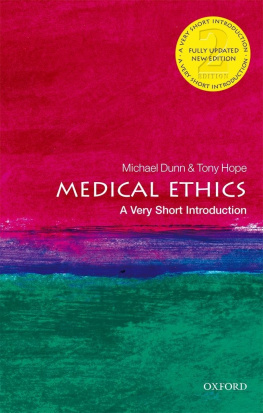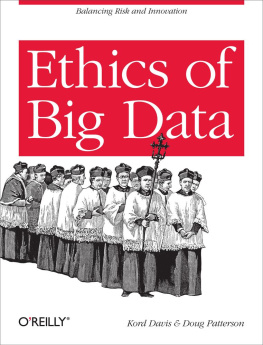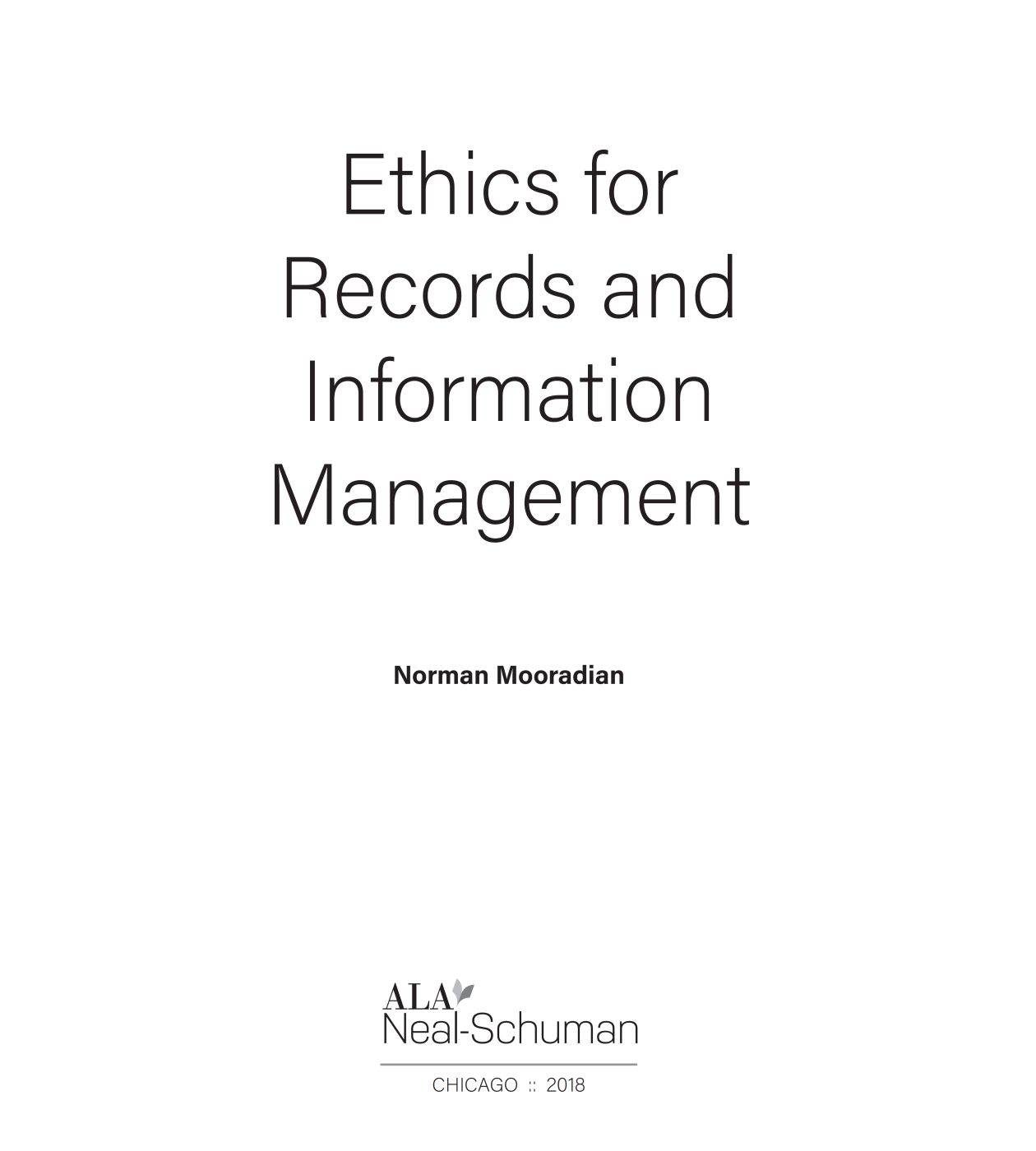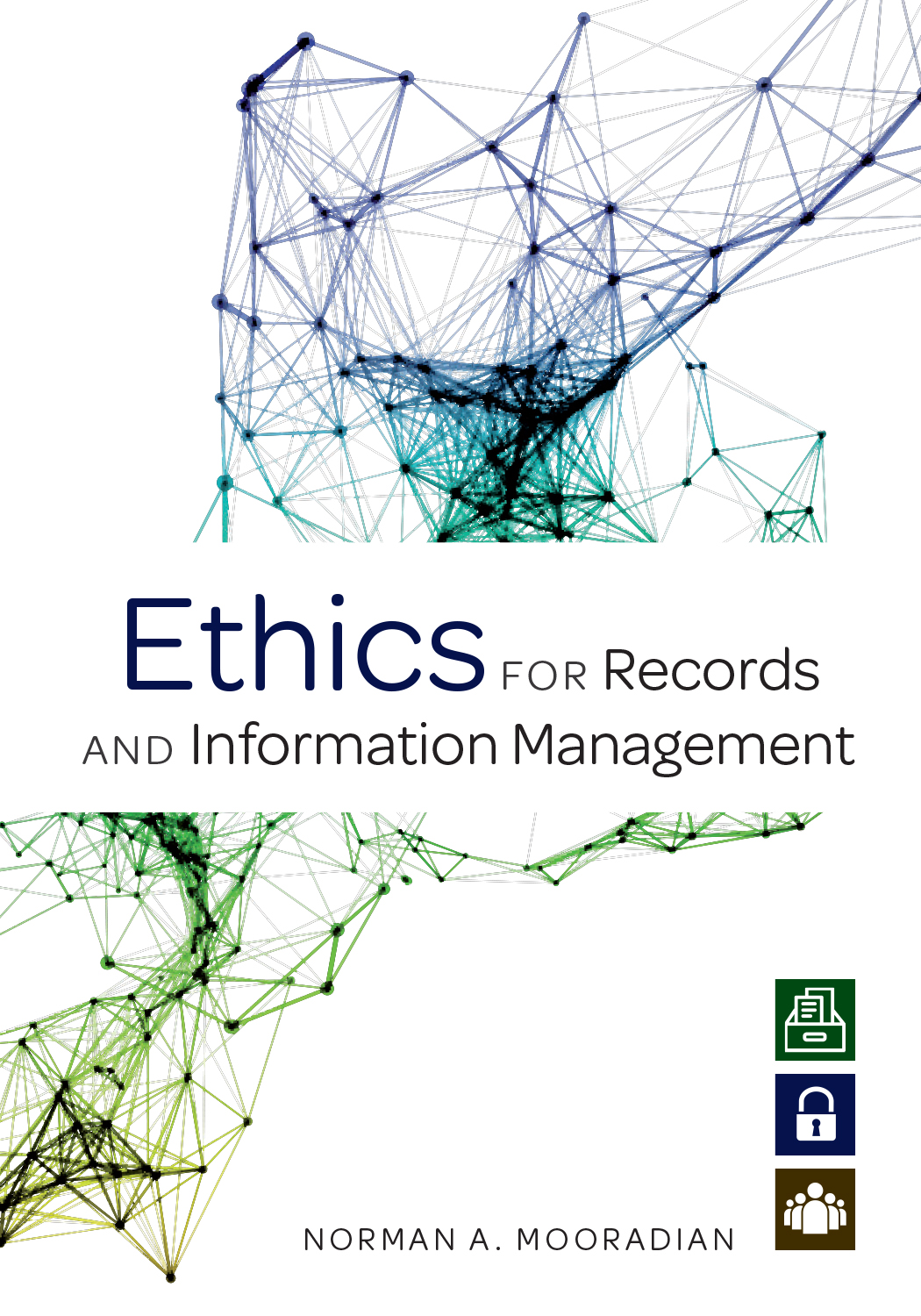
ALA Neal-Schuman purchases fund advocacy, awareness, and accreditation programs for library professionals worldwide.
NORMAN MOORADIAN, PhD, has had a dual career working as an academic focusing on information ethics and as an information management professional. He has worked in the information technology field for close to twenty years in the area of enterprise content management (ECM). Mooradian received PhD and MA degrees in philosophy from Ohio State University, and he has completed graduate courses in legal studies at the University of Illinois, Springfield. He has researched and published on issues in information technology ethics and business ethics. He has also taught ethics, business ethics, and logic and critical thinking at various colleges and universities over the last two decades. Mooradian is currently a senior solutions analyst in Konica Minoltas ECM Division, where his responsibilities include business analysis, systems architecture, documentation, and education.
2018 by the American Library Association
Extensive effort has gone into ensuring the reliability of the information in this book; however, the publisher makes no warranty, express or implied, with respect to the material contained herein.
ISBNs
978-0-8389-1639-1 (paper)
978-0-8389-1764-0 (PDF)
978-0-8389-1763-3 (ePub)
978-0-8389-1765-7 (Kindle)
Library of Congress Cataloging in Publication Control Number: 2018010397
Cover image Maxim Pavlov.
With love and appreciation for my wife, Martha, and daughter, Carmen
and
In loving memory of my parents, Arthur and Elizabeth
CONTENTS
T he topic of this book is professional ethics for records and information management (RIM) professionals, or RIM ethics for short. As will be elaborated upon in , records and information management practitioners, under the diverse labels and roles in which they work, have assumed over time the status of professionals as their work has required more knowledge and carried more responsibilities. Because of their specialized knowledge and increased responsibility, RIM professionals require a professional ethics to guide them in their daily practice and to form a basis for developing and implementing organizational policies. This book provides the outline of such an ethics.
The need for a domain-specific professional ethics for RIM practitioners is clear. The information fields have grown dramatically over the past thirty years, and information technologies and content types have grown even faster. The newest developments in the evolution of information technologies are big data, analysis, and an enormous increase in the collection of personal information through the use of digital technologies and the Internet. Big data, analysis, and the collection of personal information by digital means pose new opportunities for organizations, but they also pose more critical challenges. Of particular concern is their impact on privacy, which was already a key issue and area of concern before the emergence of big data technologies and data collection initiatives. Information privacy continues to be one of the central problems of the information age and a special challenge to RIM practitioners. A full chapter is devoted to this topic.
As technology has evolved and taken an ever more prominent role in organizations, the records management role has been reframed under the concept of information governance. Information governance is a framework concept that covers a wide range of objectives and concerns, including privacy, risk management, records management, data governance, security, and business value. The concept provides ample opportunity for RIM practitioners to grow as professionals and assume greater responsibilities within their respective organizations. It also has a strong ethical dimension. Information governance requires stewardship and ethical competence in the management of digital content and information assets. It therefore requires a professional ethics for its practitioners.
Since this is a book on professional ethics for RIM practitioners, a few words need to be said about the approach to ethics taken in it. Moreover, the nature of professional ethics and its relation to ethics in general should be addressed at the outset.
In approaching the subject matter of RIM ethics, this book takes a principles- or rules-based approach to ethics. The basic idea behind this approach is that ethical knowledge can be represented in principles and rules of varying levels of generality. There are high-level ethical principles that apply to all human beings simply because they are human beings. These principles express fundamental values that are shared widely across different societies and cultures. An example would be the principle of non-harm or non-maleficence, which expresses in a general way the idea that it is wrong to cause other persons harm (unless there is adequate justification). There are also general rules such as do not kill other persons, do not cause injury to others, and do not steal from others that apply to all persons. These are often described as principles, and it is perfectly legitimate to do so because of their generality and centrality to ethics. However, for our purposes, we will refer to them as rules simply to mark them off from the even more general expressions of fundamental values associated with principles.
There are also more specific rules that apply to specific issues and types of actions, often within different professions and industries. These principles can be described as domain-specific. The profession and practice of records and information management is one such domain. An example of a domain-specific principle would be the principle of privacy, which requires that information be managed in a way that protects the privacy of the subjects of the information. The combination of high-level and domain-specific ethical rules makes up an important part of our ethical knowledge and is of great value in helping us organize and communicate our ethical thinking. These principles and rules play a critical role in justifying our decisions and creating policies.
Knowing these principles, however, is not sufficient to be ethically competent. In addition to knowing the principles, one has to know how they apply to issues and specific situations. Such knowledge allows the principles to kick in or engage with the world. Of course, by knowing the meaning of ethical principles, one has a basic idea of when and how they apply. Anyone who understands, for example, the principle of non-deception, by implication knows a wide range of cases of its application, namely, cases in which the deception is both obvious and unjustified. However, in professional life, many cases are complicated, and the circumstances and facts that make up the case are not easy to understand or interpret. Knowing which ethical principles apply requires judgment. Judgment, in turn, requires both an adequate understanding of the facts and competence in ethical reasoning. Hence, in addition to a knowledge of ethical principles, a familiarity with methods of ethical reasoning and the ability to investigate the facts of a situation are essential to ethical competence.
Judgment is needed not only to apply principles and rules to complex situations. It is also needed to determine when there are exceptions to these principles. This is important to a principles-based approach to ethics. Principles are, by conception, general. Rules are also general, even when they are domain- or issue-specific. This latter point may sound contradictory, but the truth is that even the more specific principles are specific only in comparison to the more general ones. All principles are general in the sense that they apply to a wide range of relevantly similar cases. This being so, there are times when one comes upon a case that is not relevantly similar; when the most relevant principle seems not to apply, and when the act in question seems to be permissible. To determine when an exception is justified requires just as much competence in ethical reasoning as is required to determine when a principle applies; and perhaps even more.
Next page
